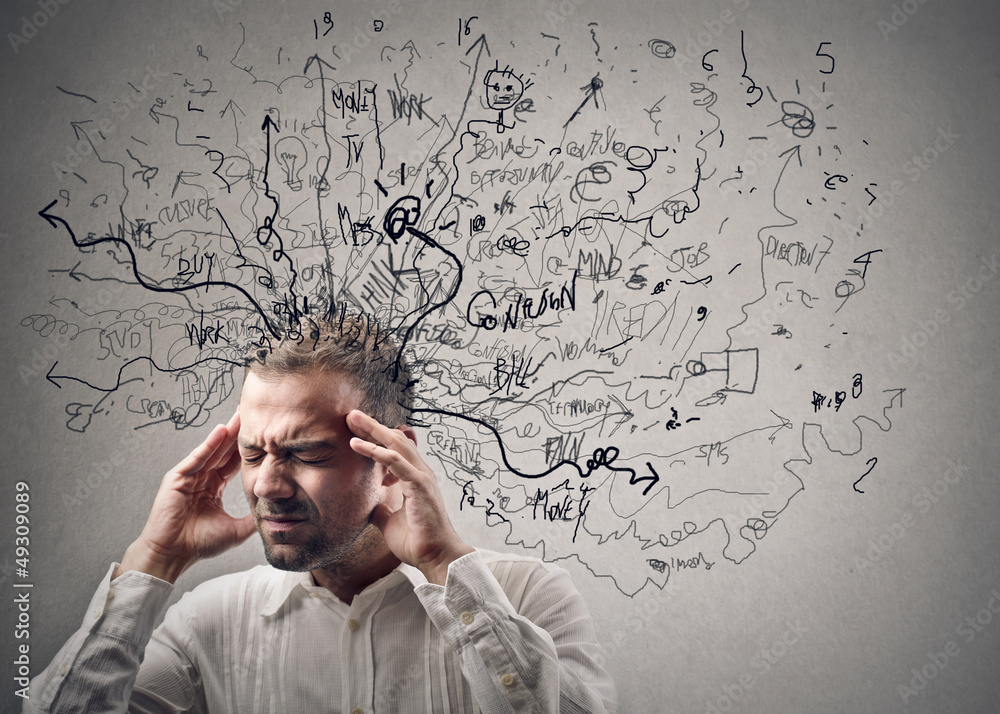Psychosocial Hazards

Psychosocial hazards at work are aspects of work and work situations which can lead to or result in psychological or physical harm.
Specifically, they are related to the psychological and social conditions of the workplace rather than just the physical conditions.
It’s essential for workplace management to identify these potential risks and implement mitigation strategies and processes. This ensures that employees are protected and safe within the workplace, but can also reduce the impact on organisational measures including productivity, absenteeism and turnover.
Types of Psychosocial Hazards
There are a number of scenarios within the workplace that can be considered as a psychosocial hazard, including:
- work-related stress,
- bullying and harassment,
- lone or remote working,
- violence in the workplace (both from staff and customers),
- fatigue, and
- alcohol and drug use.
These psychosocial hazards can be caused by a range of different situations, such as (but not limited):
- High or low job demands
- Low job control
- Poor support from coworkers or management
- Poor role clarity and role conflict
- Poor design and management of tasks and jobs
- Poor workplace relationships
- Poor organisational change management
- Poor environmental conditions
- Violent or traumatic events (primary or secondary)
Although there are a number of hazards that may arise within the workplace, it is critical that they are not viewed in isolation as individual hazards. For example, a combination of high demands, low control, low support can result in a highly stressful work environment.
Consequences of Psychosocial Hazards
Psychosocial hazards can cause issues for both the affected employee, and the wider organisation, regardless of the length of exposure or level of stress.
Of course, most jobs involve some degree of stress, however when the employee feels that they are unable to cope with repeated stressors or there are no support mechanisms to manage the situation provided by the organisation, then the stress can manifest in ways that become detrimental to both the employee and the business.
Remember that stress is not an illness in itself, but it can result in illness or make existing issues worse.
Both short and long term exposure can cause harm to an individual. Exposure to short-lived, acute psychosocial hazards can result in harm to an employee’s health, but conversely, low level long-term exposure can also cause psychological or physical injury.
Psychological harm can include conditions such as depression, anxiety, Post Traumatic Stress Disorder and sleep disorders. In some cases, these hazards can also lead to self-harm and suicidal thoughts.
Physical injuries are also possible, including musculo-skeletal injuries, chronic disease, and fatigue-related accidents.
Managing and Eliminating Psychosocial Hazards
It is the responsibility of the employer to manage and mitigate psychosocial hazards. For those in management who are unsure on how to approach this, seeking external advice is recommended to ensure that all bases are covered.
At a minimum however, employers and management should regularly check for risks of psychosocial hazards by:
- looking at systems of work design and management
- undertaking one-on-one discussions with employees and seeking feedback
- reviewing past incidents with an open mind, learning from these incidents, and taking steps to minimise reoccurrence
Existing processes and artefacts such as job descriptions, policies and management chains can be leveraged to manage the potential of psychosocial hazards.
The responsibility isn’t solely on the employer, however. Employees can also take steps to minimise risk of psychosocial hazards, including:
- reporting psychosocial hazards (or risks of) sooner rather than later
- providing open and honest feedback
- requesting training that may be required
- actively avoiding toxic workplace situations and reporting to management as required
If you have questions or would like advice about managing psychosocial hazards in your workplace, get in touch via the contact form or by email megan@mmchr.com.au

